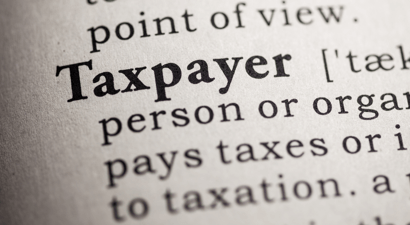Negligence of a Taxpayer’s Tax Practitioner Does Not Justify Late Submission
Facts
In the case of AB CC v CSARS (Case 1365), AB CC filed an objection, as well as a request for condonation, more than 30 days after the assessment in question was issued. SARS concluded that the objection was invalid in due to the objection having been lodged late without providing exceptional circumstances for the late filing thereof. AB CC appealed SARS’ decision. contending that there were exceptional circumstances that caused the delay of the objection being lodged timeously, that being that AB CC’s auditor only became aware of AB CC’s assessment, dated 18 September, on 4 December.
Mr. K was responsible for AB CC’s tax matters, but later moved to a different department. At that time, Mr. L took over the tax affairs of AB CC. Mr. K omitted to inform Mr. L of the assessment once Mr. K became aware thereof.
Applicable Law
Section 104 of the Tax Administration Act, as it was then, provided that the period for objection may not be extended by more than 21 business days, unless exceptional circumstances caused the late submission of the objection. Section 153(3) of the Tax Administration Act, furthermore, provides that a taxpayer is not relieved from any liability, responsibility or duty imposed under a tax Act because the taxpayer’s representative failed to perform such responsibilities or duties.
Conclusion
The court held that negligence of a taxpayer’s tax practitioner cannot be used by the taxpayer to justify late submission. The taxpayer failed to prove that there were exceptional circumstances giving rise to the delay in lodging an objection.
Subsequent legislative amendments
At the time the above-mentioned case was heard, Section 104 of the Tax Administration Act provided that the period for objection may not be extended by more than 21 business days, unless exceptional circumstances caused the late submission of the objection. On 19 February 2017, section 104(5)(a) of the Tax Administration Act was amended and now provides that SARS may not extend the period for an objection to be submitted by more than 30 business days, unless exceptional circumstances caused the late submission of the objection.
Remarks
The above-mentioned judgment clearly demonstrates that the court will not entertain the fault of a taxpayer’s tax practitioner as a justification for the existence of exceptional circumstances causing the delay in submitting an objection. Taxpayers are therefore encouraged to ensure that their tax representatives are well versed in the field of tax administration to prevent a situation where SARS is unwilling to consider a taxpayer’s objection due to the fault of the taxpayer’s representative.





